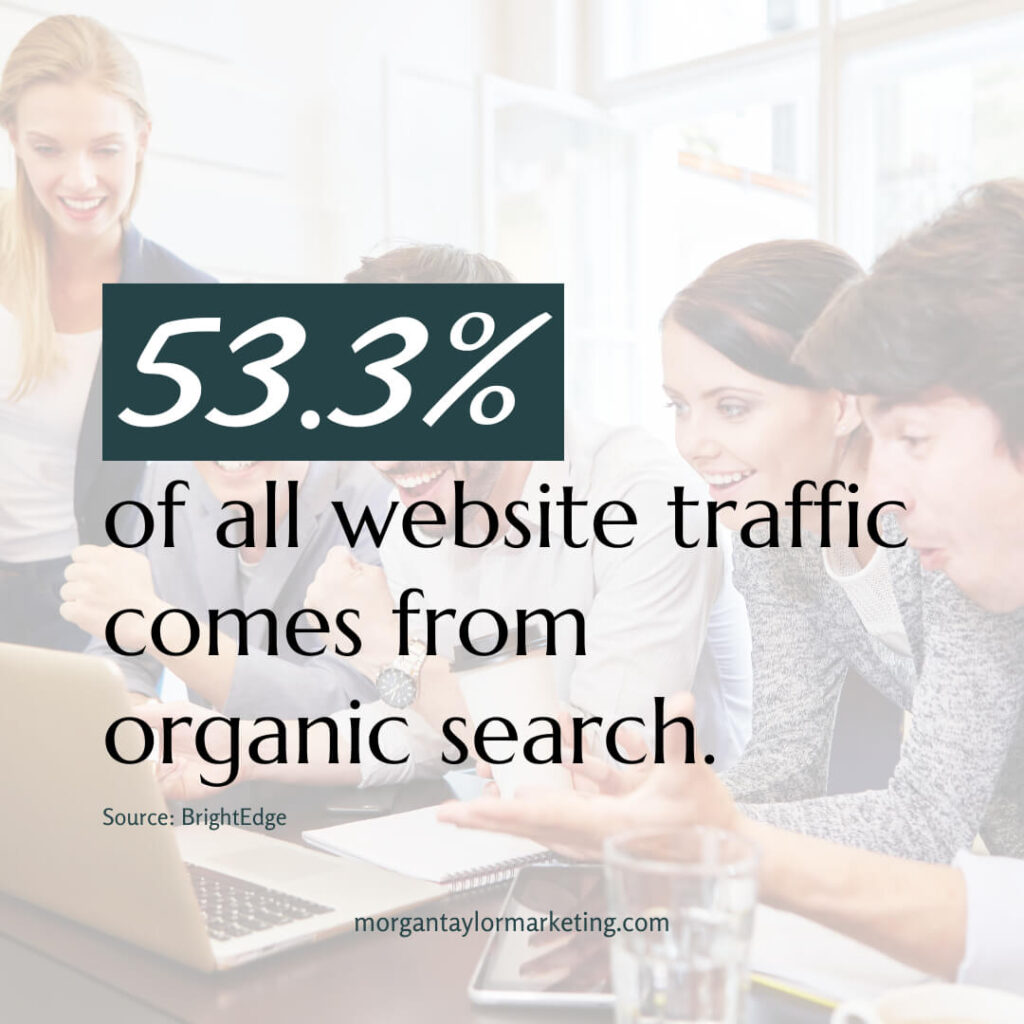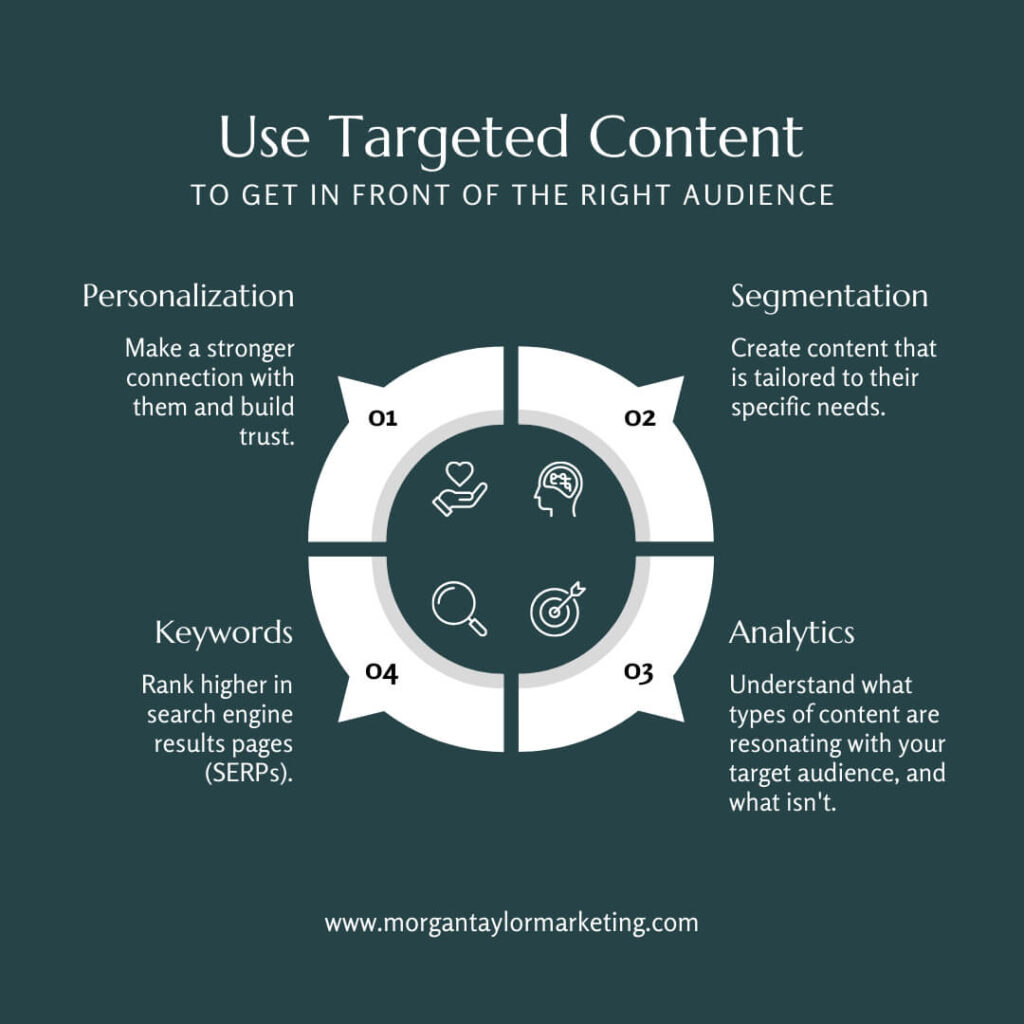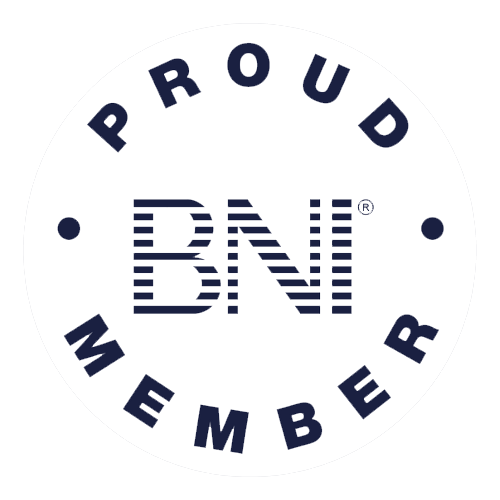Crafting a winning content strategy is the key to website success. Learn effective techniques and unleash the power of compelling content. Read more!
A well-crafted content strategy is the driving force behind website success. It serves as the roadmap that guides your online presence, helping you achieve your goals and objectives with precision. Whether you’re a small business, an e-commerce store, or a personal blog, having a solid content strategy is no longer optional – it’s essential.
This article will delve into the importance of a content strategy and help you understand how it can propel your website toward achieving its goals and objectives.
Why Content Strategy Is Important?

The importance of a content strategy for website success cannot be overstated. It goes beyond simply creating and publishing content; it encompasses a thoughtful and strategic approach to engage your target audience, establish brand authority, and drive desired actions. A well-defined content strategy sets the stage for building meaningful connections with your audience, driving organic traffic, and achieving your website’s objectives.
Before delving into the nitty-gritty details of content strategy creation, it’s crucial to understand the goals and objectives of your website. Are you aiming to increase brand awareness, generate leads, drive sales, or provide valuable information to your audience? Identifying and aligning your website’s goals with your content strategy is the key to developing a cohesive and impactful online presence.
By clearly defining your goals and objectives, you can tailor your content to serve the specific needs and desires of your target audience. This not only improves the effectiveness of your content but also helps you measure its success accurately.
Let’s dive deep into the components of a winning content strategy, exploring topics such as target audience research, defining brand voice and messaging, setting clear objectives, and much more!
➡️ Conducting Target Audience Research
Before you can create compelling content, it’s essential to identify and understand your target audience. Through thorough research, you can gain insights into their demographics, preferences, and behaviors. This knowledge will serve as the foundation for tailoring your content to resonate with your intended audience. Additionally, conducting keyword research will provide valuable data on the terms and phrases your audience uses, ensuring your content aligns with their search intent.
➡️ Defining Your Brand Voice and Messaging
Establishing a strong brand identity is paramount to stand out in a crowded online space. Your brand voice and messaging should be consistent across all your content, evoking emotions and fostering connections with your audience. Craft a compelling brand story that showcases your values, mission, and unique selling propositions. Define the tone and voice of your content, whether it’s conversational, authoritative, or playful, to create a cohesive and recognizable brand presence.
➡️ Setting Clear Objectives and Goals
To create an effective content strategy, it’s crucial to set clear and measurable goals. These goals should align with your overall business objectives and provide a roadmap for success. Define key performance indicators (KPIs) that can be tracked and analyzed to evaluate the effectiveness of your content strategy. Whether your objectives revolve around increasing website traffic, improving conversions, or enhancing brand awareness, having well-defined goals will keep your content strategy focused and purposeful.

➡️ Conducting a Content Audit
Before diving into creating new content, it’s important to assess your existing content assets. Conduct a comprehensive content audit to identify what’s working, what needs improvement, and any content gaps that need to be filled. Analyze engagement metrics such as page views, time spent on a page, and social shares to gain insights into the performance of your content. This assessment will help you make informed decisions about repurposing, updating, or removing content to optimize your website’s overall content strategy.
➡️ Creating a Content Calendar
A well-organized content calendar is a vital tool for managing your content strategy effectively. Plan and organize your content schedule, ensuring a consistent flow of fresh content to engage your audience. Incorporate seasonal and industry-related themes to stay relevant and timely. Balance different content formats, such as blog posts, videos, infographics, and podcasts, to cater to various audience preferences and maximize your reach across different platforms.
➡️ Developing a Content Creation Workflow
Creating quality content requires a collaborative effort. Assign clear roles and responsibilities within your team, including content creators, editors, designers, and SEO specialists. Establish an efficient content creation process, from ideation to publication, ensuring smooth coordination and timely delivery of content. Implement quality control measures to maintain a high standard of content and ensure that it aligns with your brand guidelines and objectives.

➡️ Crafting Compelling Headlines and Introductions
Capturing your audience’s attention starts with crafting attention-grabbing headlines and introductions. Your headline should be concise, and engaging. Add relevant keywords to your content to boost your search engine optimization (SEO). Create introductions that pique readers’ curiosity and entice them to delve deeper into your content. By utilizing strong language and appealing to your audience’s needs and desires, you can increase the likelihood of capturing their interest from the get-go.
➡️ Diversifying Content Formats
To cater to different learning styles and preferences, it’s essential to diversify your content formats. Explore various formats such as blog posts, videos, podcasts, or interactive elements like quizzes or calculators. Consider your audience’s preferences and the type of information you want to convey when selecting the appropriate format. Additionally, repurpose existing content to reach new audiences and extend the lifespan of your valuable content assets.
➡️ Optimizing Content for Search Engines
Ensuring your content is optimized for search engines is key to driving organic traffic to your website. Conduct on-page SEO optimization by incorporating relevant keywords strategically throughout your content. Optimize meta tags, URLs, and image alt text to enhance search engine visibility. Remember to focus on providing valuable and informative content that satisfies the search intent of your audience, as search engines increasingly prioritize user-centric experiences.
➡️ Incorporating Visuals and Multimedia
Visual elements play a crucial role in enhancing the appeal and engagement of your content. Utilize eye-catching visuals such as images, infographics, and charts to convey information in a visually appealing way. Incorporate videos to provide dynamic and immersive experiences for your audience. Ensure that your visuals are optimized for accessibility and fast loading times, as they contribute to a positive user experience and encourage users to stay on your website longer.

➡️ Leveraging Social Media Channels
Integrating social media into your content strategy expands your reach and amplifies your message. Choose the social media platforms that align with your audience’s preferences and actively promote your content through those channels. Engage with your audience by responding to comments, sharing valuable insights, and fostering a sense of community. Leverage social media to distribute your content, increase brand awareness, and drive traffic back to your website.
➡️ Building Backlinks and Authority
Developing a robust link-building strategy is essential for establishing your website’s authority and credibility. Seek opportunities for guest posting on reputable websites within your industry and collaborate with influencers or thought leaders to expand your reach. Monitor and analyze your backlink profile to ensure the quality and relevance of incoming links, as they contribute to your website’s SEO performance.
➡️ Analyzing and Measuring Content Performance
To refine and improve your content strategy, you must measure its performance regularly. Track important indicators including website traffic, engagement, and conversions with analytics tools. Analyze the data to gain insights into content that resonates with your audience and identify areas for improvement. Make data-driven adjustments to optimize your content strategy and achieve better results over time.

➡️ Engaging with Your Audience
Encouraging audience engagement is crucial for building relationships and fostering loyalty. Prompt your audience to leave comments, share their thoughts, and provide feedback on your content. Respond to their inquiries and comments promptly, showing that you value their input. By actively engaging with your audience, you create a sense of community and establish yourself as an authoritative and trustworthy source of information.
➡️ Staying Updated with Industry Trends
The digital landscape is constantly evolving, making it vital to stay updated with the latest industry trends and developments. Keep a close eye on emerging technologies, changes in consumer behavior, and industry news. Monitor your competitors’ content strategies to gain insights and identify new opportunities. Continuous learning and adaptation to changes will ensure that your content strategy remains relevant, innovative, and effective.
A winning content strategy is the backbone of a successful website. By implementing the steps outlined in this article, you can create a well-rounded and effective content strategy that aligns with your website’s goals and objectives. From conducting audience research to analyzing content performance and engaging with your audience, each stage of the process plays a vital role in driving website success. By consistently refining and adapting your content strategy, you can achieve long-term growth, and sustainability. Make your website a reliable resource for people in your field.
See Related Posts:








